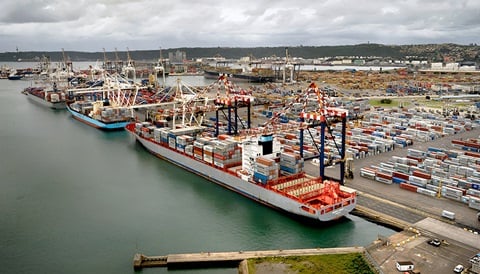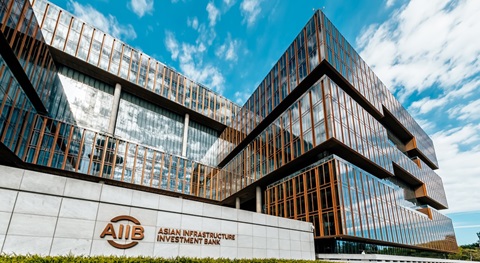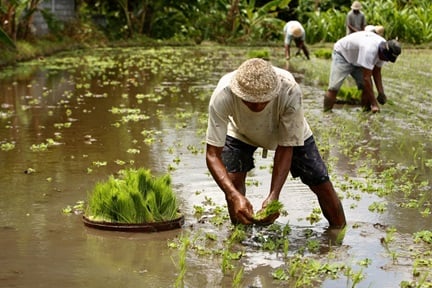Singapore-based fund backs forestry projects in Africa
Plantation forestry could address the growing demand for timber while curbing deforestation

A Singapore-based variable capital company (VCC) has launched a fund that will buy stakes in sub-Saharan African plantation forestry. The fund, called New Forests, was launched by the Singapore-based African Forestry Impact Platform (AFIP), which has raised over US$200m from three European development finance institutions – British International Investment, Norfund and Finnfund. It aims to raise a further US$300m in next few years. AFIP made its first investment by acquiring Green Resources, a forestry development and wood-processing company, which owns 38,000 hectares of pine and eucalyptus plantations in Tanzania, Uganda, and Mozambique.
Africa’s forests are under pressure from deforestation as the continent faces a mounting shortage of wood products owning to economic and population growth. Without further investment, it is predicted the continent will have a US$30bn shortfall of industrial timber by 2030. Sustainable commercial plantation forestry is considered a key way to cater for residential and industrial wood demand, curb deforestation and hold back climate change. The sector has begun to attract private investors. For example, Miro Forestry & Timber Products, established in 2010, has grown to become the largest plantation forestry group in West Africa with plantations in Ghana and Sierra Leone. It sells products such as plywood and electricity transmission poles to clients in the region and across the world.
The industry stands to benefit from companies that seek to offset their carbon emissions. In June, energy giant TotalEnergies acquired a 49% stake in Gabonese forestry company Compagnie des Bois du Gabon, which grows hardwood species – such as okoumé, azobé, niove and padouk – and processes these logs at its manufacturing facilities. TotalEnergies plans to spend US$100m per year to build a portfolio of projects capable of generating at least five million metric tonnes of CO2 equivalent of carbon credits annually by 2030. Miro also works with several clients on African afforestation projects to generate carbon credits.
Kenyan firm Komaza has looked beyond traditional large-scale plantations to introduce a unique microforestry model. It offers smallholder farmers the option to plant fast-growing eucalyptus trees on their unutilised land. Farmers are provided with seedlings and training, and are paid for the harvested trees. Komaza’s sawmill supplies local and foreign businesses with several timber products. Key to the company’s success is a tech platform to manage farmers and monitor the trees.
Despite its potential, forestry remains a fairly high risk sector, one that involves extensive time horizons and requires significant scale. In Africa, specifically, operators contend with poor inland transport infrastructure, which makes it costly to move timber over large distances. Therefore, commercial plantations need to be situated close to large markets or export points. In addition, community land issues remain a constant challenge for forestry on the continent.
References
‘FMO supports micro-forestry company Komaza to grow trees and smallholder farmers’ income’, FMO, 14 July 2020
‘How Komaza, the “Uber of Forestry”, is revolutionising timber production in Africa’, Palladium, 24 August 2020
‘From agriculture to real estate: Investor shares insights on opportunities in Africa’, How we made it in Africa, 06 October 2020
‘Gabon: TotalEnergies and Compagnie des Bois du Gabon join forces to develop a new forest management model combining wood production and carbon sinks’, TotalEnergies, 15 June 2022
‘New Forests announces first investors in African Forestry Impact Platform and inaugural acquisition’, New Forests, 19 October 2022
Miro Forestry & Timber Products. Accessed 23 November 2022







